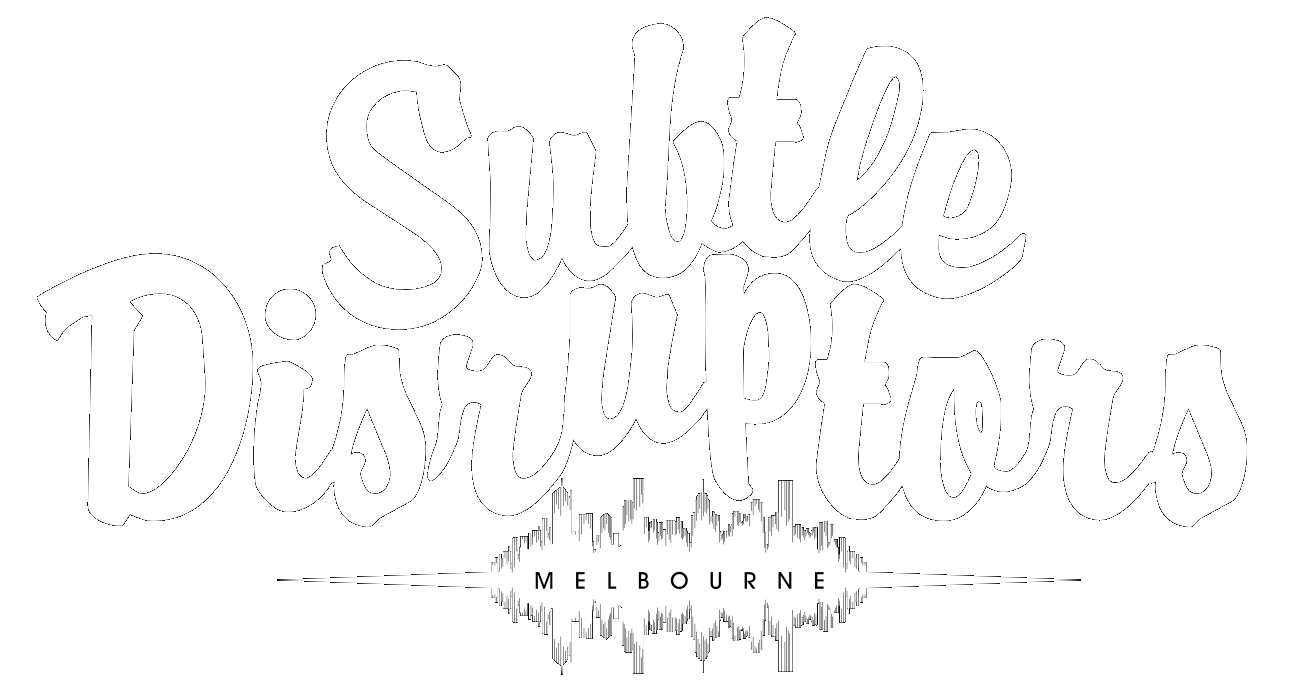This century it is estimated there will be 1 billion tobacco related deaths globally, up from 100 million last century.
While this stat is confronting in itself, especially given the fact that these deaths are entirely preventable, the fact that many of us unknowingly invest our superannuation and retirement savings in tobacco related businesses makes this confrontation personal.
And you can imagine the incongruence when Dr Bronwyn King, a Melbourne oncologist who sees the devastating impact of tobacco on people’s lives on a daily basis, discovered that her superannuation was also being invested in tobacco stocks.
Very shortly after making this discovering she found herself presenting to the leadership of her hospital about this contradiction, and soon thereafter founded the not-for-profit organisation Tobacco Free Portfolios.
Tobacco Free Portfolios engage quietly behind the scenes with finance leaders to educate them on the impact of investment in tobacco, with the aim of de-normalising this practise. As Bronwyn says, if we were designing the system today, we would not make it automatic that people invested their savings in tobacco businesses.
Today there are 35 superannuation funds that are tobacco free in Australia, helping reduce even further Australia’s low rate of smoking. Seeing the Tobacco Free Portfolio logo on a financial product will become a way of quickly identifying those that do not invest in the tobacco industry.
Bronwyn and her team are doing so amazing work that is changing perceptions of normality about tobacco investment, and indirectly enabling people globally to have longer and fuller lives.
Bronwyn is engaging and articulate, and I hope you enjoy our conversation.
Podcast: Download
Subscribe: Apple Podcasts | Android | RSS




Leave a Comment